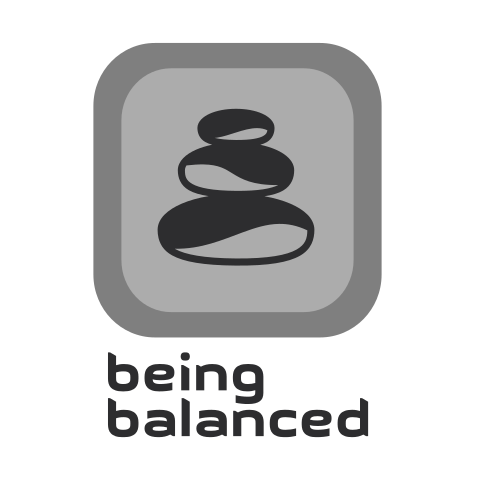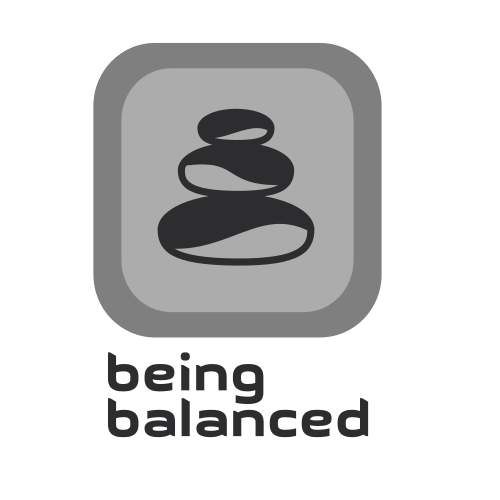FAQs
Frequently asked questions (FAQs):
If you have questions about your mental health journey with us, we’ve got you covered!
Below, you’ll find answers to many of the common queries you might have. Further if you need more assistance or clarification, do not hesitate to reach out to us.
Counseling is a professional service that involves the application of mental health, psychological, and human development principles to help individuals address various issues and challenges in their lives. Counselors work with individuals to explore emotions, thoughts and behaviors, providing support, guidance, and tools to enhance mental well-being and facilitate positive change.
Online counseling is a modern approach to providing counseling services through digital platforms rather than in-person sessions. It allows clients and counselors to connect via telephone or video calls, offering the benefits of traditional psychotherapy while utilizing virtual communication methods.
Online counseling offers several advantages, making mental health support more accessible and flexible for individuals. The most notable benefit is the convenience of engaging in counseling sessions from the comfort of one’s home. Another significant advantage is increased accessibility, as people from remote areas or those with limited access to in-person services can easily connect with counselors through digital platforms. Anonymity and privacy are another factor, allowing individuals to discuss sensitive issues without any stigma.
If you’re grappling with mental health or emotional challenges, that is affecting your daily life and well-being, seeking the support of a mental health professional is crucial. Therapy aims to enhance self-awareness, foster healthy behaviors, and provide strategies to manage and cope with mental health issues effectively. If you find that your concerns are impacting your ability to function or fulfill your responsibilities, it’s time to reach out for professional assistance.
There exist diverse forms of therapies, each distinguished by its unique approach to addressing various issues. Some therapeutic modalities focus on elevating your awareness of the unconscious mind, whereas some other approaches are based more on historical factors influencing your current patterns. There are also research-based techniques to teach you how to alter negative thinking, cope with stress, enhance your mood, and improve the quality of your relationships. Your therapist and you can discuss and decide on the best course of therapy for you after your preliminary sessions.
Online counseling and therapy can help with a range of issues, including trauma, stress, anxiety, depression, life changes, grief or loss, bereavement, relationship and family issues, etc. The effectiveness of online counseling and therapy may vary depending on the individual’s specific needs, the severity of their condition, and the therapeutic approach used by the counselor or therapist. The therapist will assist you in determining whether your issue is most effectively addressed through online therapy sessions.
It’s important to note that the effectiveness of online therapy may vary depending on the individual and their specific needs. Certain situations or problems necessitate immediate, in-person intervention, making online counseling unsuitable. These include crisis situations, psychiatric emergencies, suicidal or self-harm behaviors, severe psychiatric conditions like acute psychosis, schizophrenia, or manic episodes of bipolar disorder. Individuals with cognitive impairments, developmental disorders, or communication difficulties may also face challenges with online counseling and may benefit more from alternative forms of support and therapy.
If you are seeking therapy for someone else, please encourage them to reach out for professional help. Therapy can only be effective if the individual undertakes the session themselves. Suggest therapy to them and support them in the decision-making process to seek help. Monitor their well-being and reach out to emergency crisis hotlines if your friend or relative is in severe distress.
We provide therapy to individuals across lifespans, including but not limited to children ranging from adolescents (10 years of age) to the geriatric population (60+ years of age).
A single session of counseling typically lasts 45-60 minutes. However, the duration may vary depending on whether it’s individual counseling or couple counseling, the nature of the problem, and the therapeutic approach used by the counselor for the specific concern.
The intake session is the very first session where the therapist understands your concerns and associated goals to determine if they can help you make progress. It is also an opportunity for you to understand the therapist’s approach to counseling and build the comfort level needed to share your deepest thoughts in upcoming sessions.
Sessions are typically held via Zoom or Google Meet applications, which offer both audio and video capabilities. Additionally, sessions can also be conducted via phone calls.
Online counseling or therapy always requires privacy, so make sure you are in a place where you can provide undivided attention. Ensure that you can sit and focus on the session completely, without any distractions. Please avoid multi-tasking or attending to other competing priorities during sessions
We provide counseling sessions in English, Hindi, and Malayalam.
Yes, the client’s personal information remains confidential and secure. Prior to commencing therapy, clients receive a consent form that details the boundaries of confidentiality. This form is an integral part of the informed consent process, during which clients are informed of situations that might warrant a breach of confidentiality, such as concerns related to potential harm to themselves or others.
Before you begin your first session, it’s advisable to note down your concerns or issues that you want to speak about. Keep in mind that you might not be able to cover everything in the first session, so prioritize your concern areas. If you have been provided an intake form, please complete it with due focus and honesty before the intake session. If you’ve been referred by a psychiatrist or therapist, or are transitioning from a previous therapist, and wish to provide relevant prescriptions or case notes, please email them to us before your session.
A course of sessions with your therapist is a journey, and the outcomes cannot be predicted with just a few questions. However, the most important aspect of therapy is that you feel comfortable and supported during your sessions. Some questions to establish the right level of comfort with your therapist are:
- How often will we meet?
- What issues do you specialize in treating?
- What experience do you have in treating my particular issue?
- How will I know if I’m progressing?
- How long do you typically work with clients?
- How will we collaborate on my treatment goals?
To book a session, simply send an email to [email protected], and we will guide you through the next steps.
We require a 6-hour notice for cancellations; otherwise, the full appointment fee will be charged. Exceptions may be made in the case of an emergency. Rescheduling is allowed with a minimum of 2 hours’ notice.
To cancel or reschedule a session, please email us at [email protected] with your existing session details, and we will assist you with the changes.
To extend a session, you can discuss with your counselor before or during your current session. Extensions are subject to the therapist’s availability. Please note that extending a session will be treated as a new full session.
The frequency of your therapy sessions will depend on your specific concerns, their severity, and the therapeutic approach being used. Initially, sessions may be more frequent, but as you make progress, the frequency typically decreases due to reduction in active intervention. The pacing of your sessions will be tailored to ensure you have sufficient time to apply the therapeutic techniques in your daily life or challenging situations.
If your therapist has provided assignments or exercises, such as reading, writing, or reflection tasks, it’s helpful to complete them before your next session, or as advised. Journaling after sessions can also be beneficial, as it allows both you and your therapist to assess progress and identify areas that need further attention.
It’s generally advisable to avoid having more than one therapist or therapy approach for the same concern. If you feel that you are not making progress toward your counseling goals, it’s best to discuss with your therapist the possibility of switching to a different therapeutic approach or therapist. This discussion ensures that you receive the most effective support tailored to your needs.
The terms for termination of services in therapy refer to the conditions and procedures that determine how and when the therapeutic relationship between a client and therapist may conclude. These terms typically include:
- Mutual Agreement: Both the client and therapist agree to end the therapy.
- Client’s Request: The client decides to discontinue therapy.
- Completion of Treatment Goals: Therapy is concluded when the agreed-upon goals have been met.
- Non-Attendance: Failure to attend sessions without proper notice or communication, continuously.
These terms ensure a clear, respectful, and ethical process for concluding therapy.
Our sessions are not recorded, to prioritize confidentiality, privacy, and the protection of client information. However, you can request a summary of key points discussed during sessions or ask for materials and resources that are relevant to your therapy goals.
We do not issue medical certificate or letter of recommendation of any kind.
Please email us at [email protected], and we will get back to you as soon as possible.

